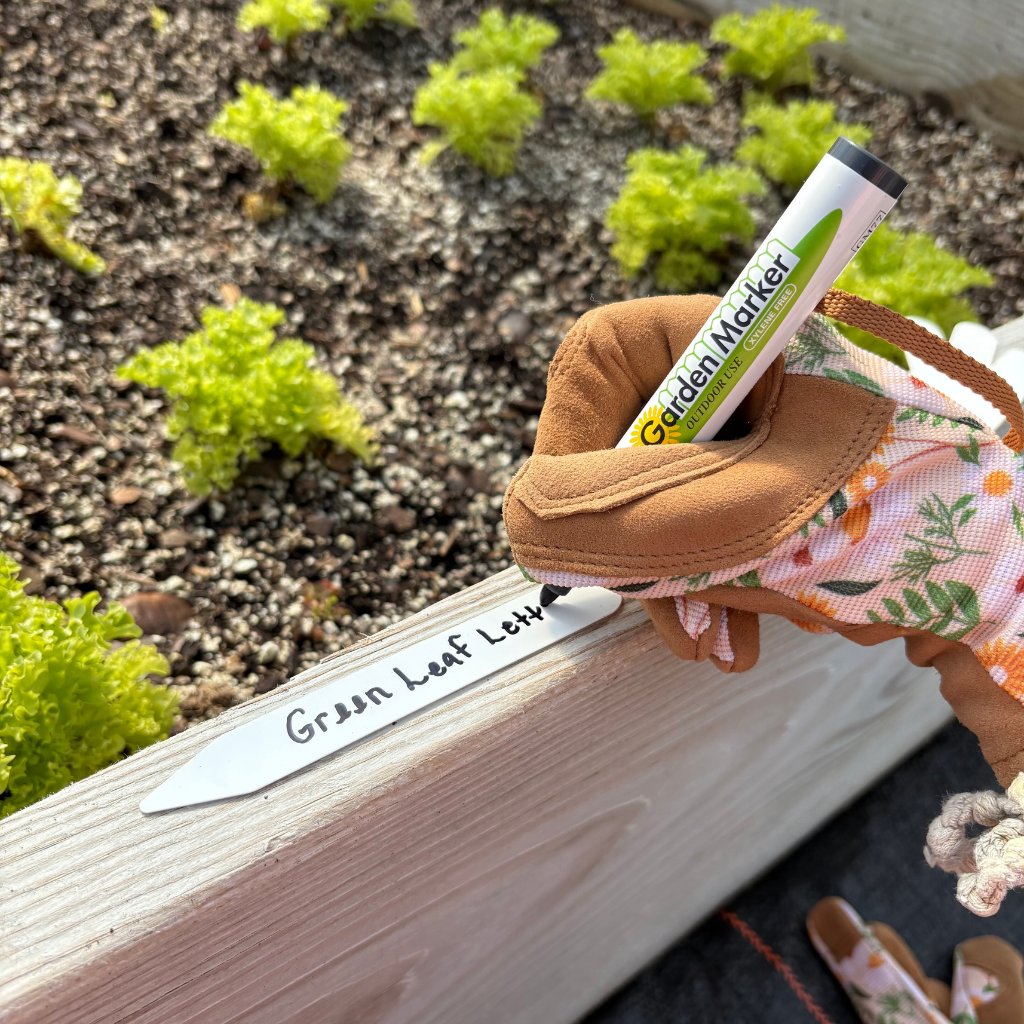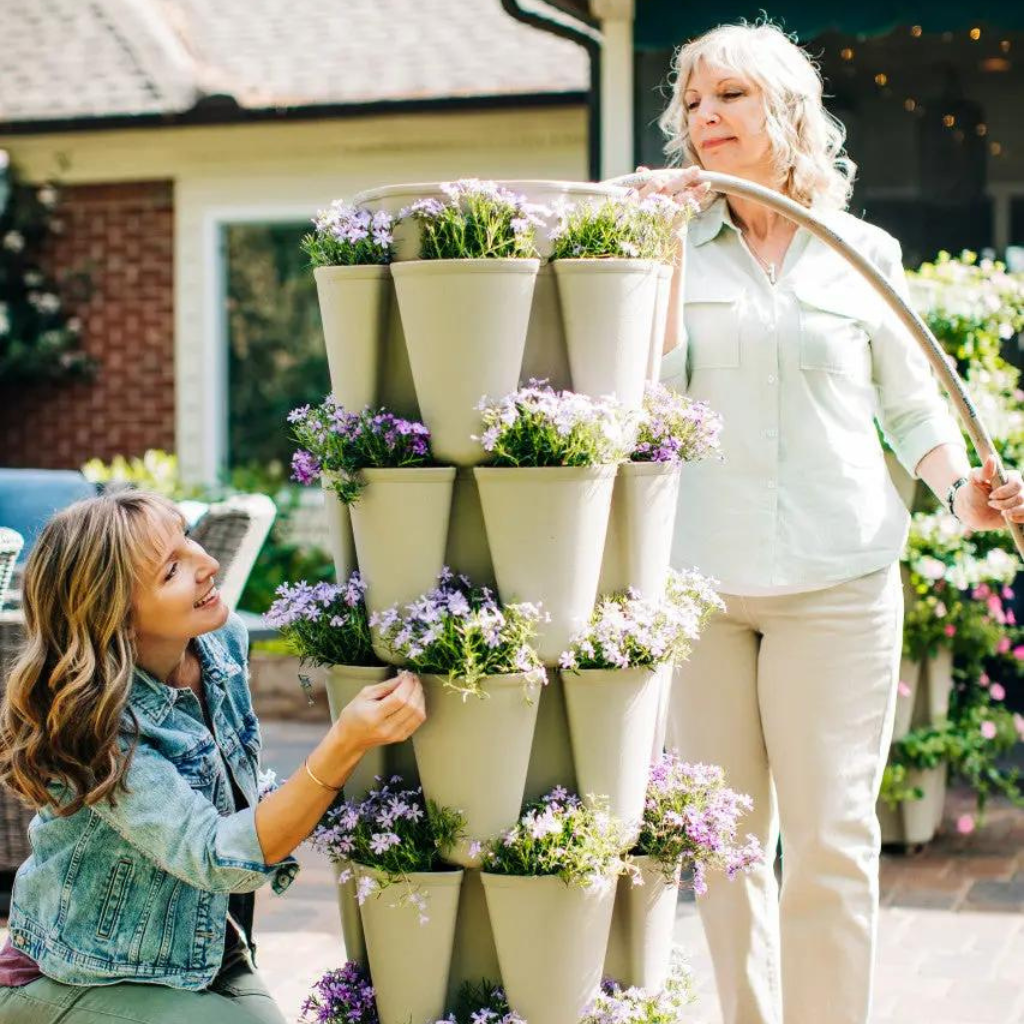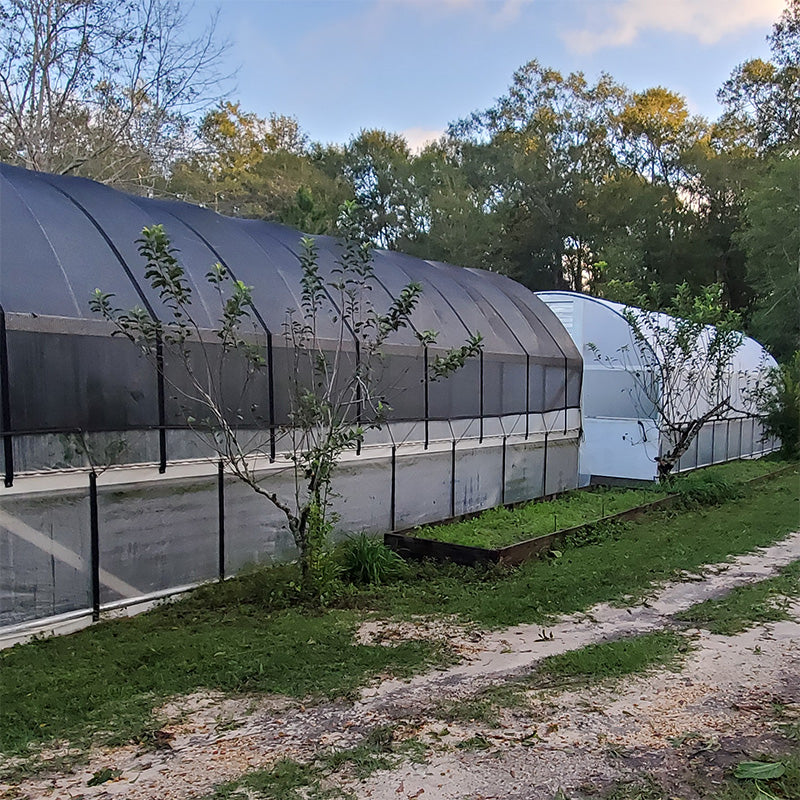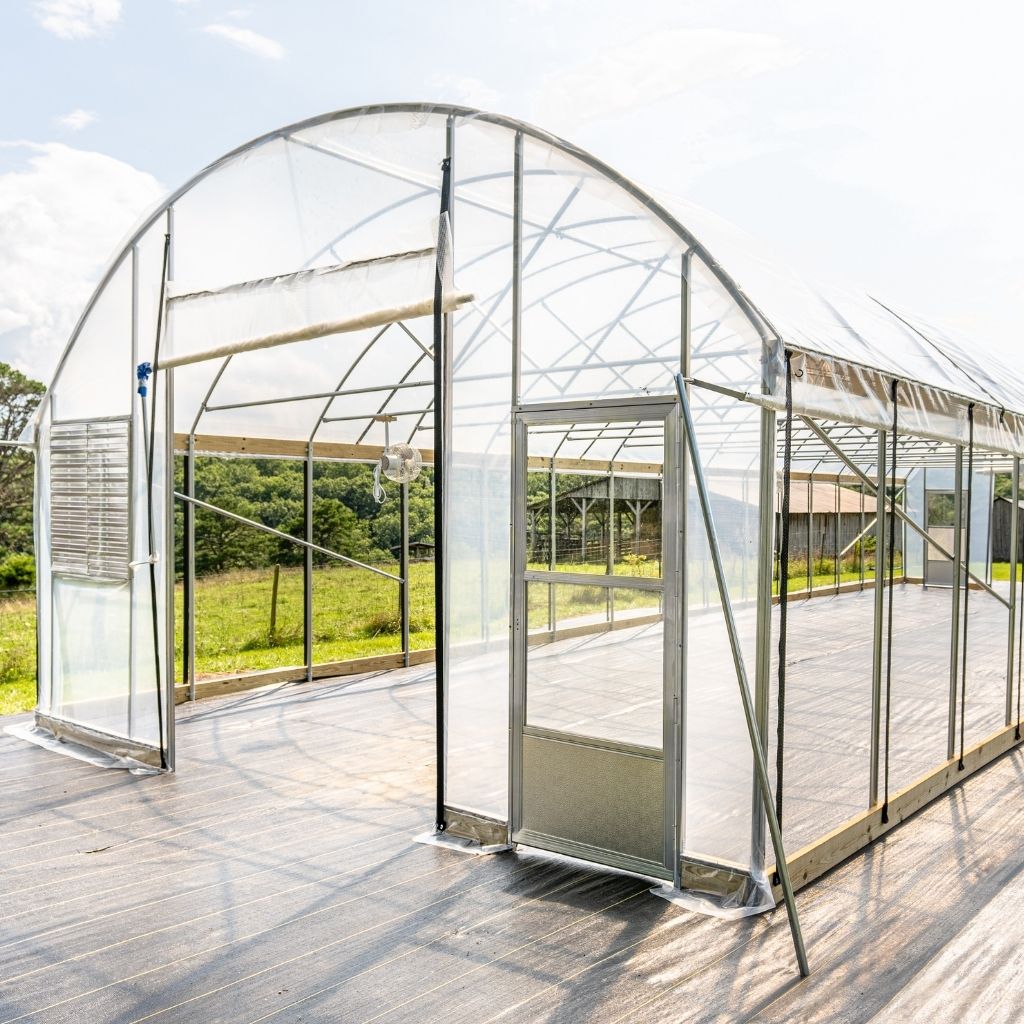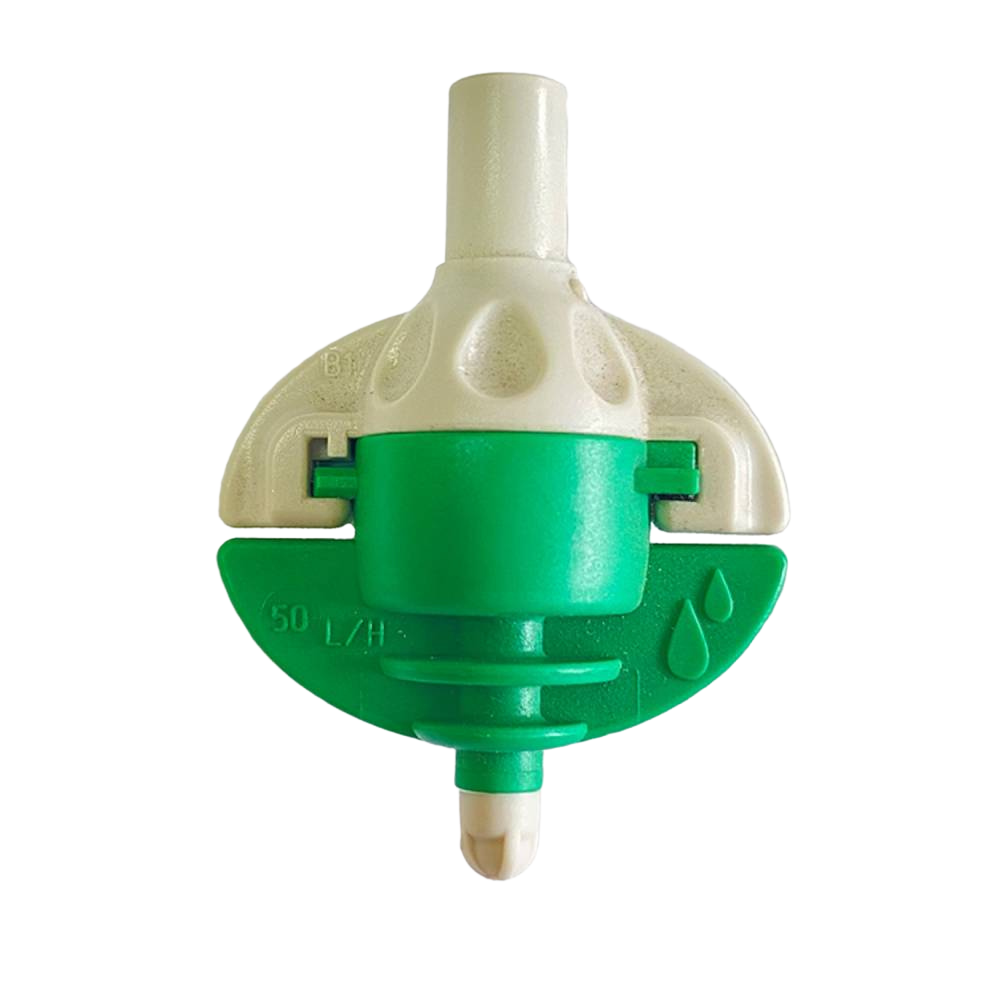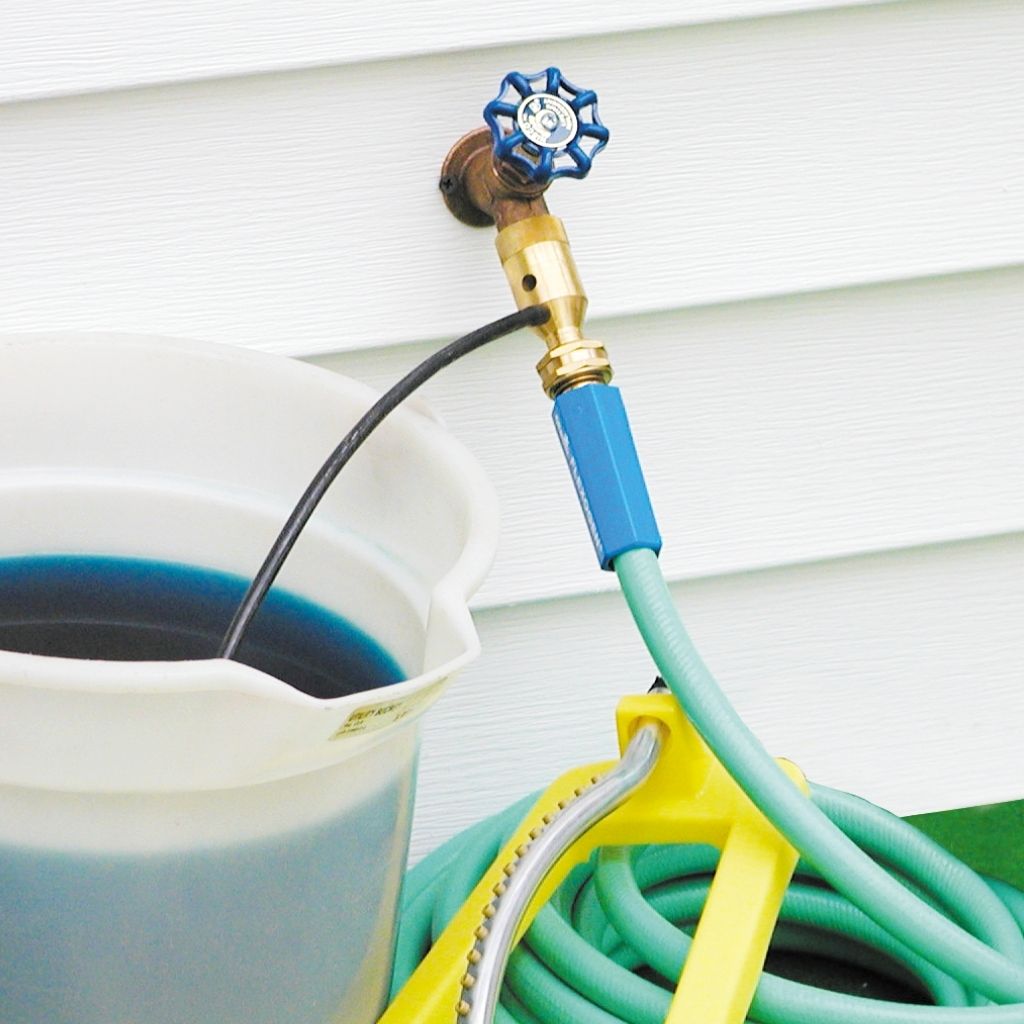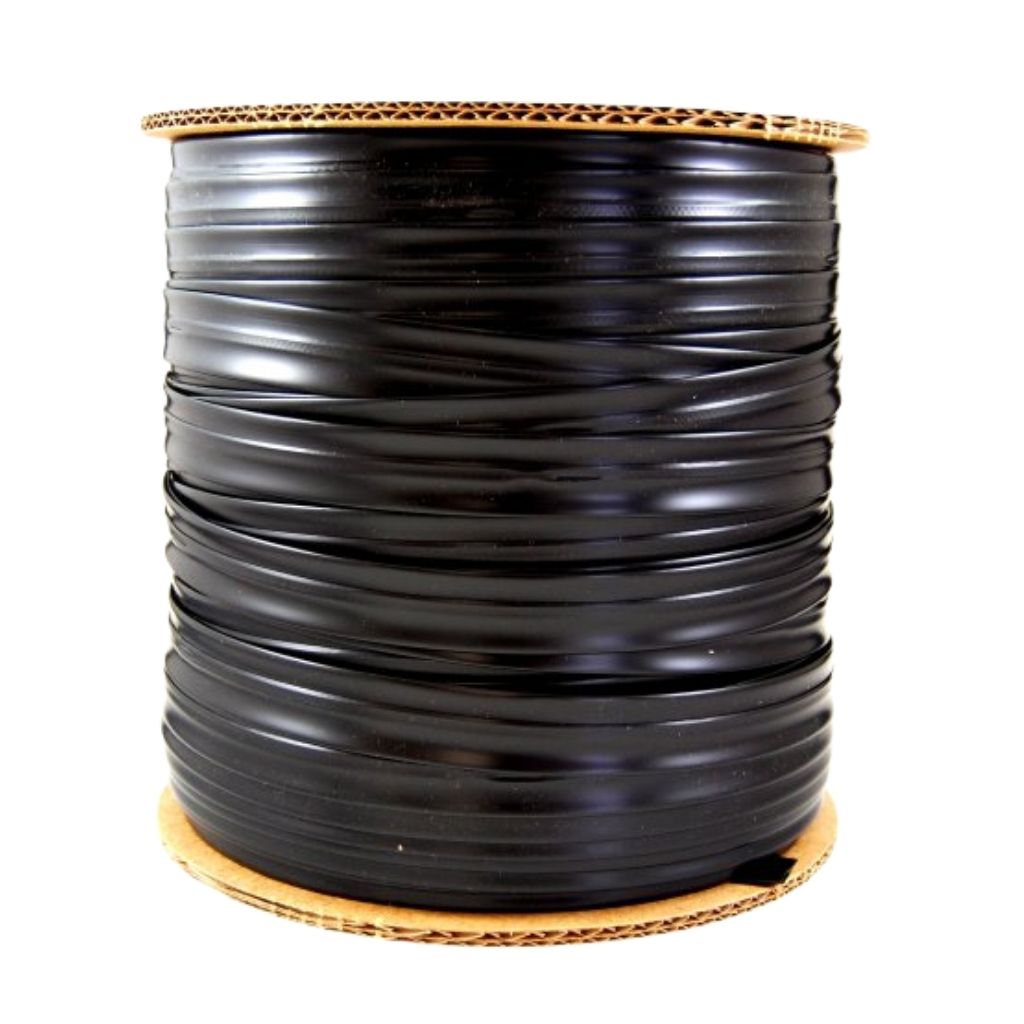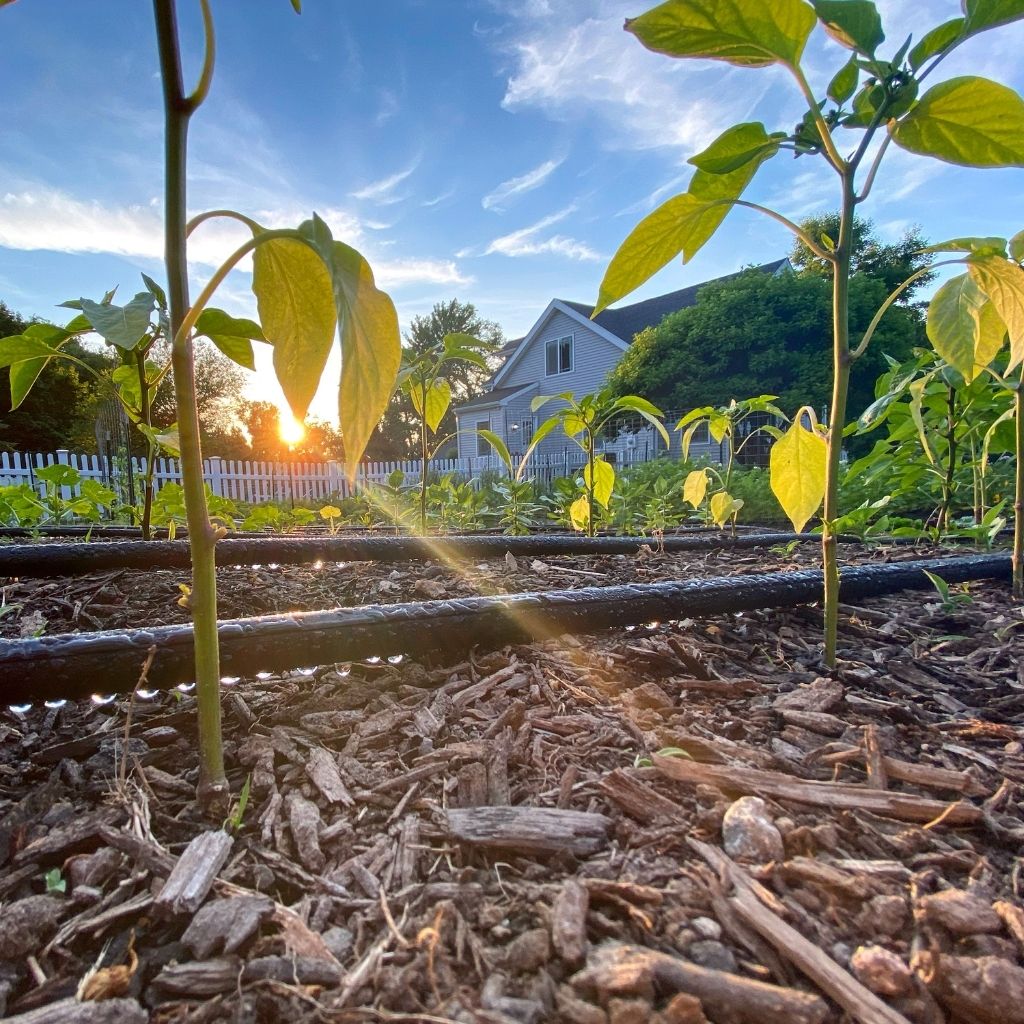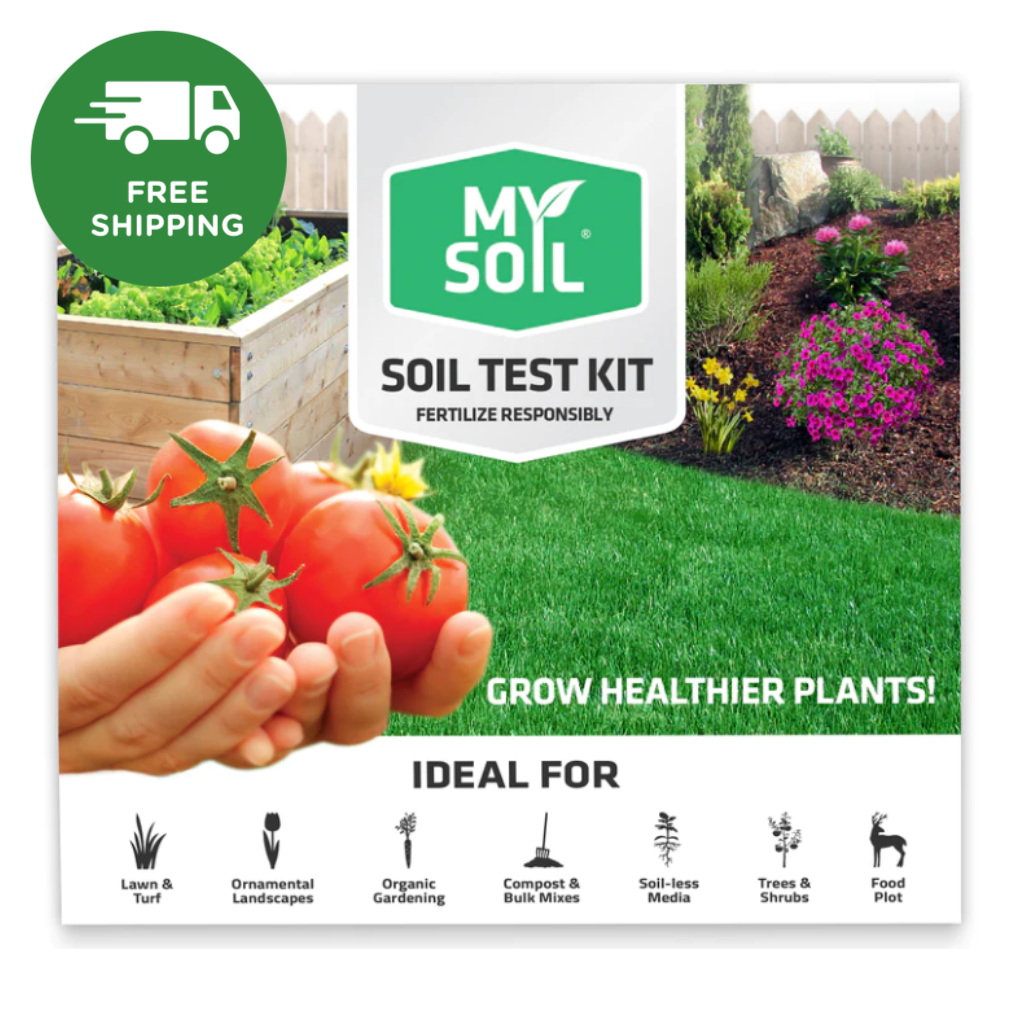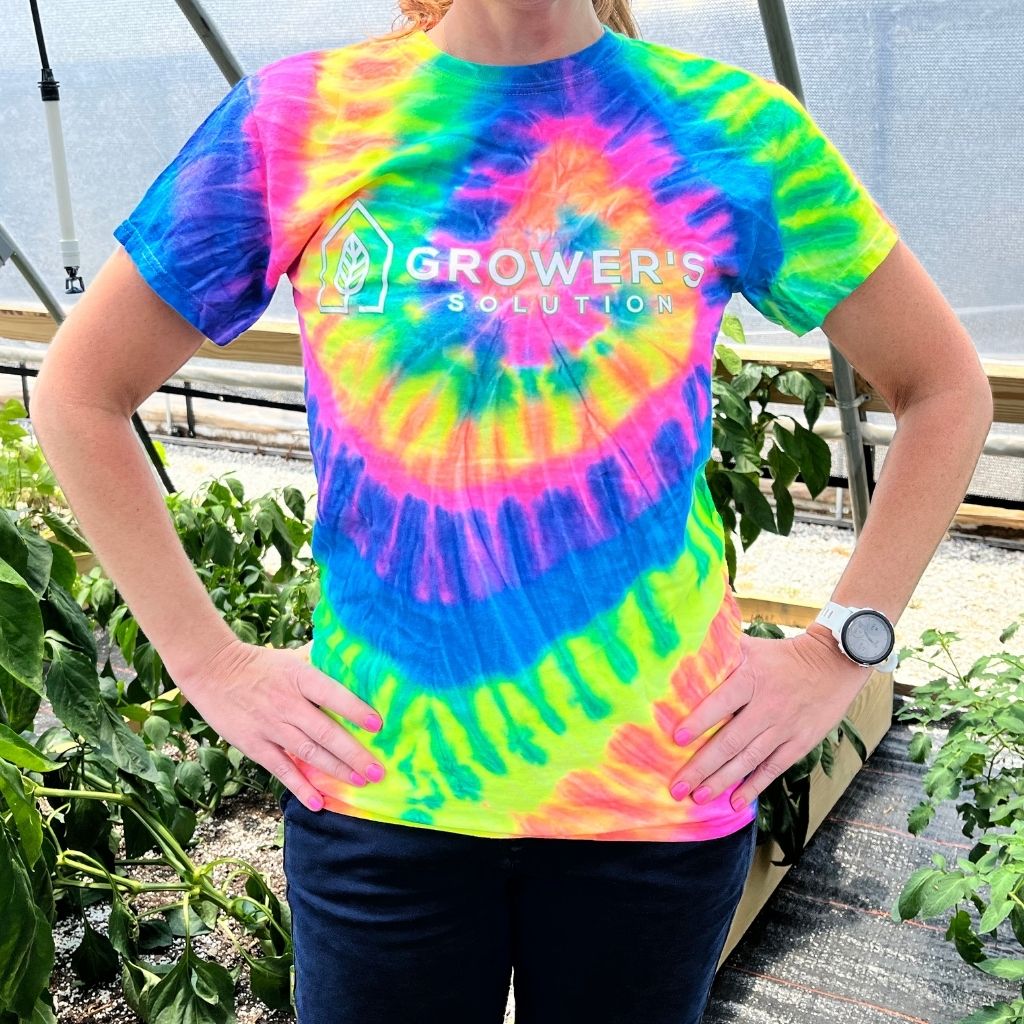Pros & Cons - Plastic and Paper mulch

For this blog, I am drawing from my own experiences working with all varieties of plastic and paper mulch.
For small or commercial growers, using plastic or paper mulch will save you a lot of time. You will not have to worry about pulling weeds or watering as often. These mulches are great for weed suppression, evenly dispersed soil temperature control, soil moisture retention, and nutrient conservation.
There are three kinds of mulches to choose from, click on the product name to check out Grower’s Solution for more details and any additional information, and get growing! Drip irrigation can be used with these mulches as well.

Photo-Degradable Embossed plastic mulch is great for organic operations. It is biodegradable; it will break down in the field so you will not have to pull it out at the end of a growing season. This plastic mulch needs direct sunlight in order for it to properly break down, hence ‘photo-degrade’, not to be confused with bio-degrade. You can till it back into the soil, but there will more than likely be remnants. The black embossed plastic holds up to extreme weather conditions when you are laying it out. Normally, in hot weather, the plastic would tear and stretch, but since it is embossed, it has superior elasticity with built in memory so it stays close to the bed. You can grow cut flowers, vegetable transplants, and direct seeded crops, such as cucumbers, zucchini, and squash. Photo-Degradable Embossed comes in Black 0.6 mil or Smooth Clear 1.0 mil.

Embossed Black plastic mulch is flexible, stretchable, and very durable. It will conform to both flat and raised beds. It can even be used for multiple growing seasons, but you will need to remove it from the field. Because the mulch is black, light cannot be transmitted through the plastic; therefore, weeds will not grow underneath. This particular plastic increases the soil’s temperature 3-5 degrees at a depth of 2 to 6 inches. The plastic mulch is impervious to water; any evaporation of the soil’s moisture occurs only through the hole into which you planted. You can grow cut flowers, vegetable transplants, small fruits, such as strawberries, and direct seeded crop, such as cucumbers, zucchini, and squash. Embossed Black plastic comes in 1.0 mil. Grower’s Solution also sells Red (which is used to increase the yield of vegetables and suppresses weeds), Blue (which is used primarily to increase the yield of melons), and Green (which is used to increase the yields of cucumbers, melons, and zucchinis) Embossed, all 1.0 mil.
Planters paper mulch is great for organic operations, it is degradable. You do not have to remove it from the field. Although, I highly recommend you use the paper mulch in covered structures, such as a greenhouse. The paper will rip at the soil line if you get several heavy rains, due to the expansion when wet and shrinkage when dry. The wind will get under the paper and blow it off your beds (I know from experience). I used sod stakes to hold the loose paper in place. You can add additional soil to the paper periodically to keep the edges secure. The paper mulch does not have the elasticity of plastic mulch, but it has the strength of plastic mulch, so you can install with a bed press. If you are using Planters paper for small gardens, the degradation can be slowed by weighing the edges of the paper with rocks, bricks, or the like. This will eliminate the edges ripping at the soil line. You can grow cut flowers, vegetable transplants, and direct seeded crops, such as cucumbers, zucchinis, and squash.


